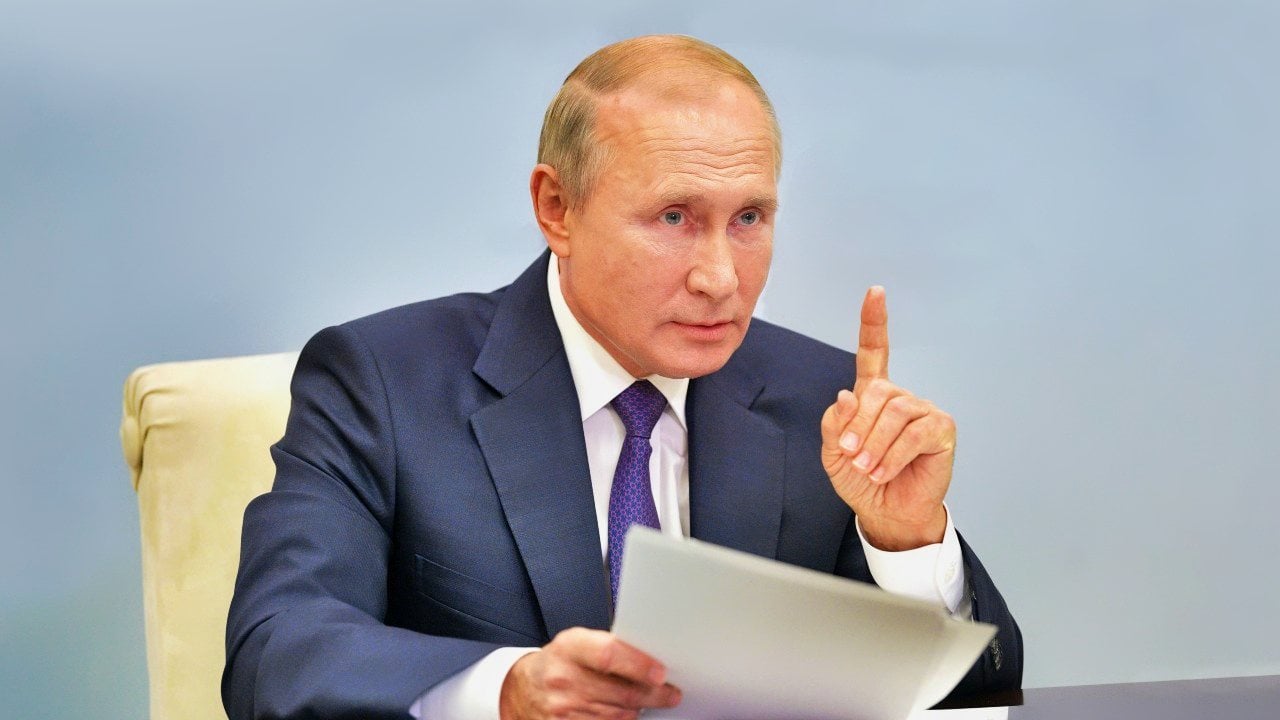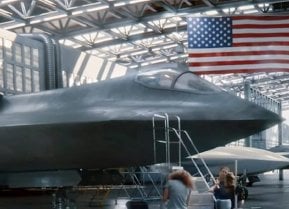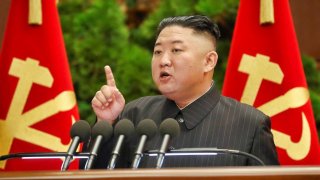What’s Behind Vladimir Putin’s and Kim Jong-un’s Recent Deal?
What should the international community do about Putin and Kim Jong-un, who are committing mass murder in Ukraine and endangering global peace? If these dictators, who see war as a means of maintaining power, start another one, what measures could stop them?
In a chilling convergence of ambition and authoritarianism, two of the world’s most brutal dictators have clasped hands in the shadows. On June 19, North Korean leader Kim Jong-un and Russian president Vladimir Putin signed a “Comprehensive Strategic Partnership Agreement” at the Kumsusan Guesthouse in Pyongyang. This pact signals a profound shift in global alliances.
According to Putin, “The comprehensive partnership agreement signed today provides, among other things, for mutual assistance in the event of aggression against one of the parties to this agreement.” This alliance forms a cornerstone of Putin’s grand strategy to establish North Korea as Russia’s eastern outpost and ammunition depot to supply Russian forces in the Ukraine War.
Putin’s bitter experiences in the conflict have underscored the strategic importance of North Korea’s geopolitical position and military capabilities. Specifically, he wishes to make North Korea a buffer zone in Northeast Asia to counterbalance the United States. He criticized U.S. policy as the root cause of tensions in the Korean Peninsula, affirming North Korea’s right to protect its sovereignty. Moreover, he stated that “Russia does not rule out military-technical cooperation with North Korea,” a brazen endorsement of North Korea’s illegal and inhumane nuclear missile program.
Putin’s comments reveal his readiness to cooperate with Kim Jong-un on advanced technological support for North Korean military capabilities, including hypersonic missiles, reconnaissance satellites, nuclear-powered submarines, SLBMs, and miniaturized nuclear warheads. He may also be willing to assist in modernizing and expanding North Korea’s defense industry, encompassing the production of jet fighters, drones, tanks, and military vehicles. This collaboration is facilitated by the near-identical nature of North Korea and Russia’s Soviet-era weapons systems.
Through his Ukraine war experience, Putin has realized the necessity of a secure depot that ensures a steady supply of weapons and ammunition during crises. North Korea, with its shared border with Russia, presents an optimal choice for this role. Recent reports indicate that Kim Jong-un has ordered expanded production in weapons factories. But the story doesn’t end there. The mutual support treaty between Russia and North Korea enables both sides to discuss “feasible practical measures to ensure mutual assistance for removing the prevailing threat,” creating the possibility for direct North Korean involvement in the Ukraine War.
If North Korean troops join the war or if nuclear weapons are used, the specter of a wider conflict looms large. Furthermore, with Russian support confirmed, Pyongyang has more room to threaten Seoul. Kim Jong-un has already been unabashedly threatening war with the South. He believes that unless he subjugates South Korea under his nuclear arsenal, the economic gap between the North and South will continue to widen to the point that maintaining his regime through fear and isolation will no longer be viable.
Additionally, secret talks between Putin and Kim likely covered crucial economic issues, such as the supply of diesel and gasoline, food aid, and support for constructing nuclear power plants. Since July 2014, Kim Jong-un has been working to reduce North Korea’s economic dependence on China by increasing strategic economic and military cooperation with Russia.
Furthermore, the two countries announced an agreement to build a road bridge over the Tumen River. Currently, a railway bridge facilitates rail transport at the North Korea-Russia border. The new bridge aims to expand trade between the two countries. Still, considering the minimal practical economic cooperation points, it is more likely to be used as a transportation route for military supplies between Russia and North Korea in times of crisis.

At the Pyongyang summit, Putin praised North Korea’s consistent support for Russian policies, including the war in Ukraine, and emphasized Russia’s long-standing resistance to the hegemonic and imperialistic policies of the United States and its satellites. This highlights the anti-American alliance front that Russia and North Korea are forming together. This direction was evident when Kim Jong-un stated, “We will further strengthen strategic communication with Russia.” This summit signifies the most critical geopolitical crisis on the Korean Peninsula since the Korean War, as the two desperate dictators of North Korea and Russia rally under the banner of war.
So, what should the international community do about Putin and Kim Jong-un, who are committing mass murder in Ukraine and endangering global peace? If these dictators, who see war as a means of maintaining power, start another one, what measures could stop them? Is calling for the removal of these dictators an act of interference or a necessary move to prevent further sacrifices and safeguard peace? One thing is clear: without action by the international community to defeat the strategy of these dictators, peace will never come.
About the Authors:
Ri Jong Ho is a former senior North Korean economic official who served under all three leaders of the Kim family regime. His most recent role was based in Dalian, China, where he headed the Korea Daehung Trading Corporation, overseen by the clandestine Office 39 under the direct control of the ruling Kim family. Before his assignment in Dalian, Jong Ho held pivotal positions, including President of the Daehung Shipping Company and Executive Director of the Daehung General Bureau of the North Korean Workers’ Party, a role equivalent to Vice-Minister rank in the North Korean party state. Subsequently, he was appointed Chairman of the Korea Kumgang Economic Development Group (KKG) under the North Korean Defense Committee by Kim Jong-il. Jong Ho is a recipient of the Hero of Labor Award, the highest civilian honor in North Korea. Following a series of brutal purges by Kim Jong-un, he defected with his family to South Korea in late 2014. Currently, Jong Ho resides in the greater Washington, DC area.
Hyun Seung Lee is a North Korean escapee and human rights advocate. With an extensive background in international business and military affairs in North Korea, he has contributed to the U.S. government and policy community as a consultant. Hyun Seung has held numerous positions, including a fellow at the Global Peace Foundation and an advisory role at the Committee for Human Rights in North Korea (HRNK). His career prior to defecting in 2014 involved significant roles in the North Korean shipping and mining sectors, facilitating trade between North Korea and China, and serving as a sergeant in the DPRK Army Special Force. He was granted membership in the Korean Workers’ Party and served as Chairman of the Kim Il-sung Socialist Youth League in Dalian, China. Severe governmental purges compelled his defection. Hyun Seung is a frequent contributor to media platforms like Voice of America, Radio Free Asia, and NK News. He holds a Bachelor’s degree in International Trade and Economics from Dongbei University in China and a Master’s in Public Administration from Columbia University.
Image Credits: Shutterstock.


